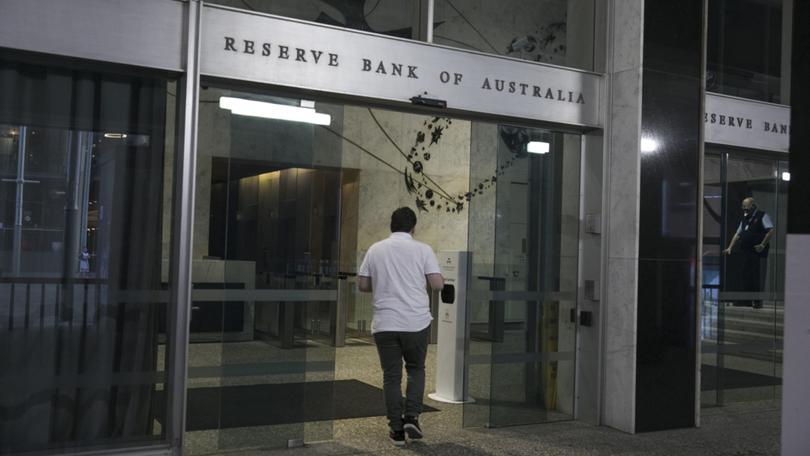RBA assistant governor Sarah Hunter says jobs market is still tight, making inflation fight harder
Australia’s jobs market is still incredibly strong despite a soft economy and rising lay-offs, RBA assistant governor Sarah Hunter says.

Australia’s jobs market is still incredibly strong — and adding to inflation — despite a soft economy and a modest lift in lay-offs, says Reserve Bank assistant governor Sarah Hunter.
But she warned the year ahead would likely bring slower new hiring and staff would likely work fewer hours.
Unemployment fell to multi-decade lows following huge stimulus measures and low interest rates as the country came out of the pandemic — though Ms Hunter reckons the strength will not be sustainable permanently.
Sign up to The Nightly's newsletters.
Get the first look at the digital newspaper, curated daily stories and breaking headlines delivered to your inbox.
By continuing you agree to our Terms and Privacy Policy.The RBA sees the extremely low jobless rate as inconsistent with keeping prices under control and expects it to gradually lift as the inflation shock dissipates and following interest rate rises.
Jobs rocketed by 60,000 in July and the share of Australians in the labour market hit a record high.
Ms Hunter told an economic forum in Sydney on Wednesday that the jobs market remained stronger than the long term sustainable level, which economists call “full employment”.
“Conditions in the labour market have eased since late 2022, but our assessment is that the labour market is still tight relative to full employment,” she said.
“We expect the demand for labour to grow at a slower pace relative to the supply of labour in the coming quarters, gradually bringing the labour market into better balance.
“Our view is that some of this slowing in labour demand is likely to occur via a decline in average hours.”

The re-balance will likely come from a lower vacancy rate — but the bank has tipped against a significant rise in unemployment.
That will be good news for job seekers because the economy’s slowdown is being absorbed by some punters working less rather than losing their roles entirely.
It would also help avoid severe stress in the housing market, where unemployment is a key factor determining whether borrowers fall behind on their mortgage.
Ms Hunter said the downturn was smaller than previous hits and businesses preferred to keep staff onboard to avoid reskilling and rehiring when activity picks up.
She said the central bank was surprised by the strength of data tracking hours worked and underemployment — when people work fewer hours than they want.
“(T)aken together, they suggest that conditions in the labour market remain tighter than implied by full employment,” she said.
There has also been a surge in lay-offs, particularly in WA’s resources sector this year — Alcoa’s Kwinana closure and BHP Nickel West among the most prominent.
Ms Hunter said the level of job losses nationally had been much lower than in previous economic downturns.
“The layoffs rate has been trending up recently, but it remains very low by historical standards,” Ms Hunter said.
“Our assessment is that this is consistent with the labour market loosening from very tight conditions, but it is still operating above full employment.”
Less than 3 per cent of workers were retrenched in the past 12 months, below the level in the decade before then pandemic.
